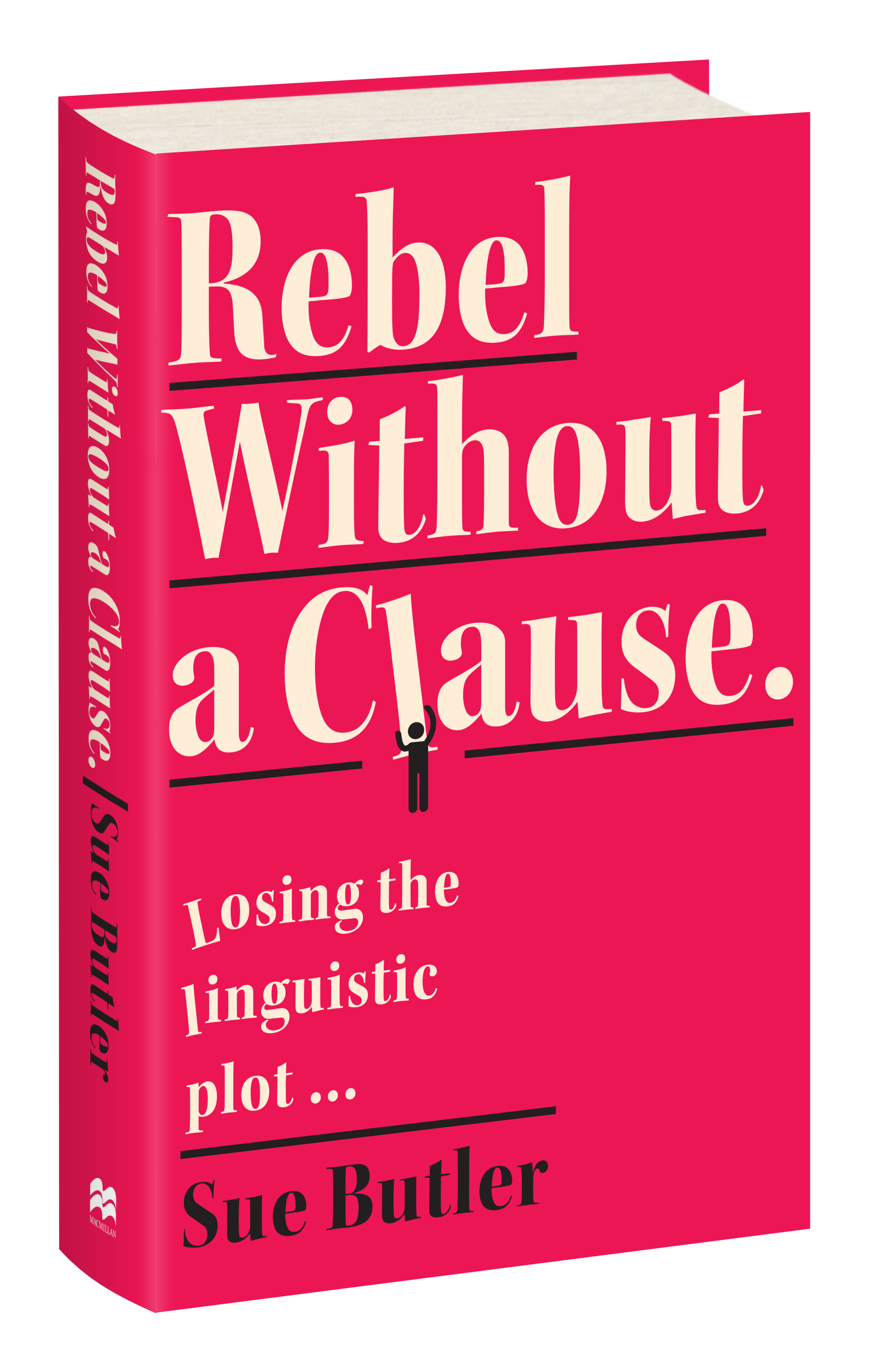The year has barely begun and already the new words are rolling in. So it is some satisfaction to package up last year’s collection into an ebook called New Words 2022: Changes in Australian English. You can read about it here.
Read MoreIt would seem that the campaign by the New Zealand Manuka Honey Appellation Society to trademark Manuka Honey as a specifically New Zealand name not to be used by others (particularly Australians) is not going too well. For the story so far check my blog on manuka or tea-tree.
ZG: 7
I think we all feel strongly that words in the general domain should not be captured and owned by commercial interests.
Read MoreObviously the bulk of the new words this year were to do with COVID-19. Some were jokey words related to our reactions to COVID. But other things have happened.
P.S. You can check out any words you don’t know under New Words.
P.P.S This is the final blog for this year. Happy Christmas everyone.
Read MoreThe Americans have been doing metaphorical heavy lifting since the 1930s. Before that heavy lifting was something unmetaphorical done by people, such as wharfies or weight lifters, or machines, such as cranes.
Read MoreThese are newly minted pronouns which extend the traditional range to meet the needs of the LGBTI+ community. We used to have she/her/hers, he/him/his, they/them/theirs but to this we can add xe/xem/xyr, or a range of variations on this theme.
Read MoreWhen Daniel Andrews commented on how different the treatment accorded to NSW by the Federal Government was to the treatment Victoria received when it went into lockdown, he was promptly labelled a whinger by various people. This led me to consider the place that the whinger has in Australian culture.
Read MoreWhen the first edition of the Macquarie Dictionary was published I included in it a small newsletter that told the dictionary users a little about the dictionary team and invited them to become contributors. I explained that dictionary editors are like word catchers setting out to cast their nets and ensnare word butterflies.
Read MoreThis is a lovely word which English acquired from the Norman French, which the French in turn acquired from the Latin phrase sub diu meaning ‘for the day’ . Turn that into a verb and it becomes subdiunare meaning ‘to stay temporarily’. In Italian this became soggiornare.
Read MoreThe New Zealanders argue that manuka is a Maori word and so they alone should have the right to use it. They see their argument as parallel to the successful claim of the French to have sole use of the name champagne. The Australians counter that the word manuka for the honey from the leptospermum tree (tea-tree) has been in use in Australian English since the 1840s and so they have just as much right to use it as the New Zealanders.
Read MoreMuch to my surprise and delight, I have been teamed up with Pip Williams, author of The Dictionary of Lost Words, at the Adelaide Writers Festival this year.. I am impressed with the depth of knowledge Pip has displayed in the novel about the working practices of the Oxford English Dictionary in particular and the intellectual problems that engage lexicographers generally.
Read MoreAs soon as a vaccine became a real possibility, that is to say around December 2020, the media started talking with some relish about the jab.
ZG: 10
The jab is preoccupying us all. There are statements from the government to reassure us, and conspiracy theorists on social media telling us that it will connect us to the internet and make women infertile.
Read MoreWell, of course, our new words were mostly to do with COVID-19 but there were a few other things that preoccupied us during the year.
Read MoreBad connotations can stick to a word until the only solution, if we want a change in image, is to abandon the word entirely and start afresh. It is not often that a company wants to do this and it says something about Adani that they think their name is mud in Australia and therefore want to change it.
Read MoreI stumbled across an article written in 1915, entitled A Modern Language. The writer was astonished and amused by the language used by a brother and sister at a family weekend camp. He described it as ‘weirdly strange’.
Read MoreSometimes it is the simple words that we use all the time that surprise us when we find that we are not entirely sure of the meaning. In a recent discussion the trouble started with broil, which is not a common word in Australian English. It is an item of American English. But that led to bake and roast and grill.
Read MoreI feel it is more important to put oddities in English in a context and try to find the pattern in what is happening. Also it is important to know when to be outraged and when to acknowledge change in language.
Read MoreI have been a victim of the great lamington hoax. A few days ago a friend said to me that lamingtons were not Australian. They were a New Zealand concoction, like the pavlova.
Read MoreRepatriation in its broadest sense means ‘bringing someone home’ so the use of the term in relation to interstate transfers of bodies for burial is a natural extension of the accepted meaning.
Read More

















